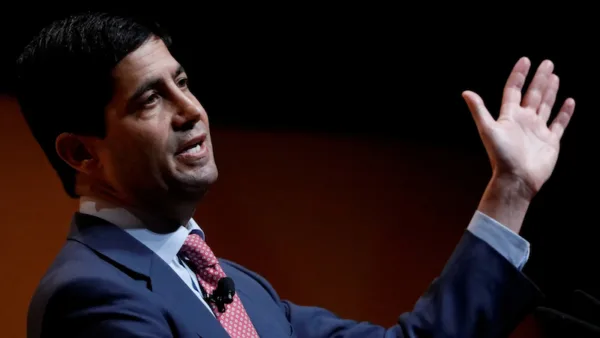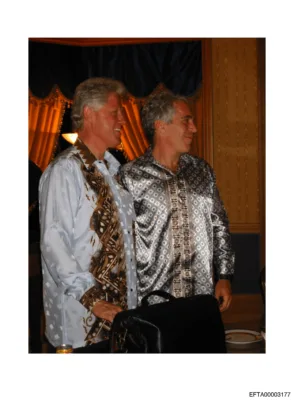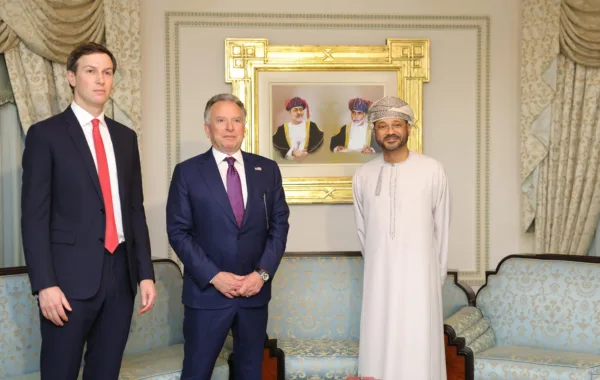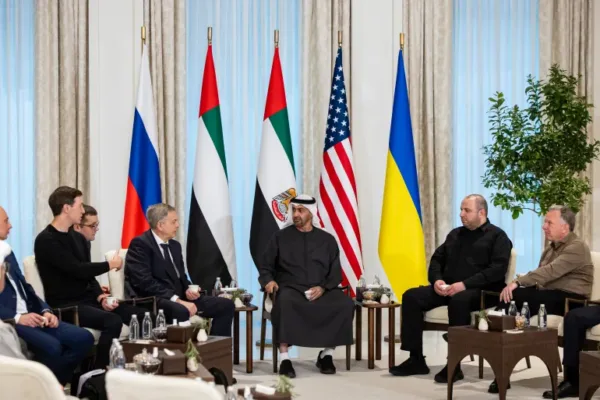Erdoğan’s victory amid opposition’s tumultuous contradictions
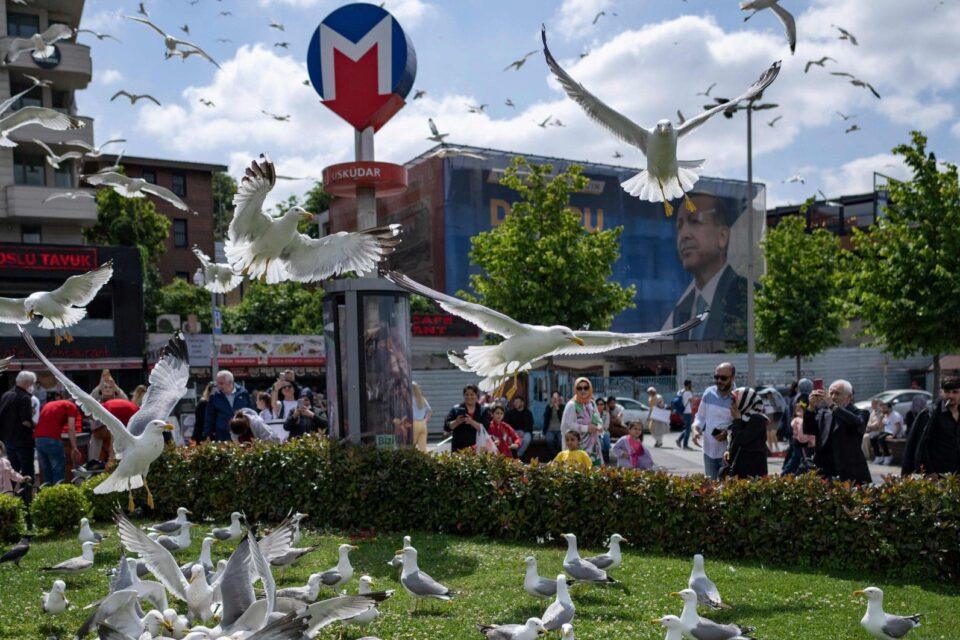
Türkiye held the second round of its presidential election, which marked yet another victory for President Recep Tayyip Erdoğan on Sunday. May the election result serve our country well.
Erdoğan has a respectable track record. In addition to the 1994 mayoral race in Istanbul, he has won 16 popular contests (including several constitutional referendums) since 2002. In May 2023, after 21 years in power, the Turkish leader achieved a parliamentary majority with the People’s Alliance and received the Turkish people’s permission to serve five more years as president.
Erdoğan received approximately 52% of the vote in the 2014, 2018 and 2023 presidential elections. That is an unprecedented and unparallel achievement in Turkish politics. That is why many people understandably say that “politicians compete in elections and Erdoğan wins them.” There has been no politician with such accomplishments elsewhere, either. Although hegemonic parties remained in power for long years in some countries, no single politician has survived as many crises as the Turkish leader to win popular elections.
That world leaders promptly congratulated Erdoğan on his election victory to express their joy or readiness to work with him was directly linked to Türkiye’s emergence as an active player in the international arena under its current president. At the same time, people in many capitals celebrated on the streets on Sunday night, as many Turks did in Türkiye – which attested to the emotional connection that Erdoğan established with people worldwide.
Kılıçdaroğlu’s ‘success’
Kemal Kılıçdaroğlu, Erdoğan’s opponent, received 48% of the vote thanks to the incumbent as well. Of course, many ideologically charged discussions take place on the campaign trail, but every election boils down to a race between Erdoğan’s supporters and opponents. In this sense, no candidate can operate outside the framework of political competition that Erdoğan himself puts in place.
Kılıçdaroğlu will tell his supporters that receiving 48% of the vote was a major achievement – so that he can continue to serve as the Republican People’s Party’s (CHP) chairperson. Nothing could be further from the truth since Kılıçdaroğlu received as many votes as the opposition did in 2018. Moreover, he allied himself with some right-wing parties and the pro-PKK Peoples’ Democratic Party (HDP) based on anti-Erdoğanism. Nothing less, nothing more. At this point, the election results represent a strength and a weakness for the opposition: Kılıçdaroğlu may have lost the election, but he received enough votes to look people in the eye and tell them that he will stick around and keep fighting.
Moreover, Kılıçdaroğlu came to represent an obstacle between the opposition and a new leadership through change – a serious contradiction indeed. He may have united the opposition, but he also ensured their defeat. There is no reason to believe that Erdoğan would be unhappy with Kılıçdaroğlu serving as the main opposition leader.
Local elections loom
If you think that the election results will cause opposition leaders to step down, engage in self-criticism or change, think again. They believe there is no reason to pay too much attention to learning from what happened. Nor could the CHP possibly “restore its factory settings.”
I make that case because Türkiye will hold local elections in nine months and the opposition’s presidential candidate received 48% of the vote in addition to leading in Istanbul and Ankara. The Nation Alliance’s members might make controversial remarks but know that they need each other and do not see an alternative. That’s why they will talk about Erdoğan’s Phyrric victory, complain about unfair elections and warn about looming economic hardship.
In the end, Kılıçdaroğlu will comfortably get reelected as CHP chairperson thanks to that party’s delegates.
Good Party (IP) Chair Meral Akşener will play the most critical role in the opposition’s future. She could strongly criticize all opposition leaders, starting with Kılıçdaroğlu himself, by reminding them that she had insisted on fielding an “electable” candidate.
Two options are available to the IP chairperson: She could dissolve the Nation Alliance and promote a third way of sorts – possibly winning over some of the People’s Alliance’s supporters, or she will choose to strengthen her hand within the Nation Alliance.
The number of parliamentary seats that fringe parties could talk Kılıçdaroğlu into trading for his presidential candidacy could be a source of inspiration for Akşener ahead of the 2024 local elections. In that case, the clashes within the Nation Alliance shall be postponed until after next year’s municipal races.
All in all, Türkiye has demonstrated the strength of its democracy. Therefore, I pray that the May 2023 elections will serve our country well and congratulate President Erdoğan on his reelection.











